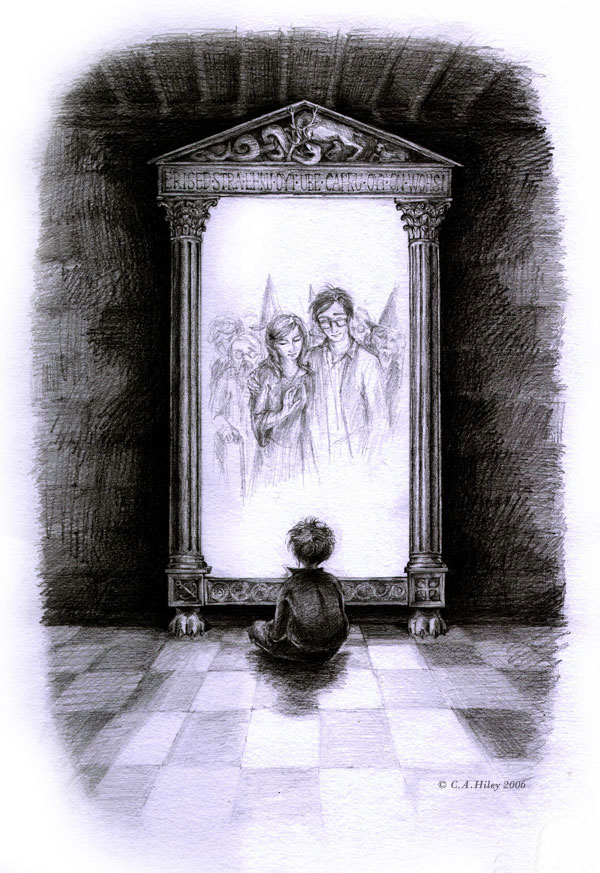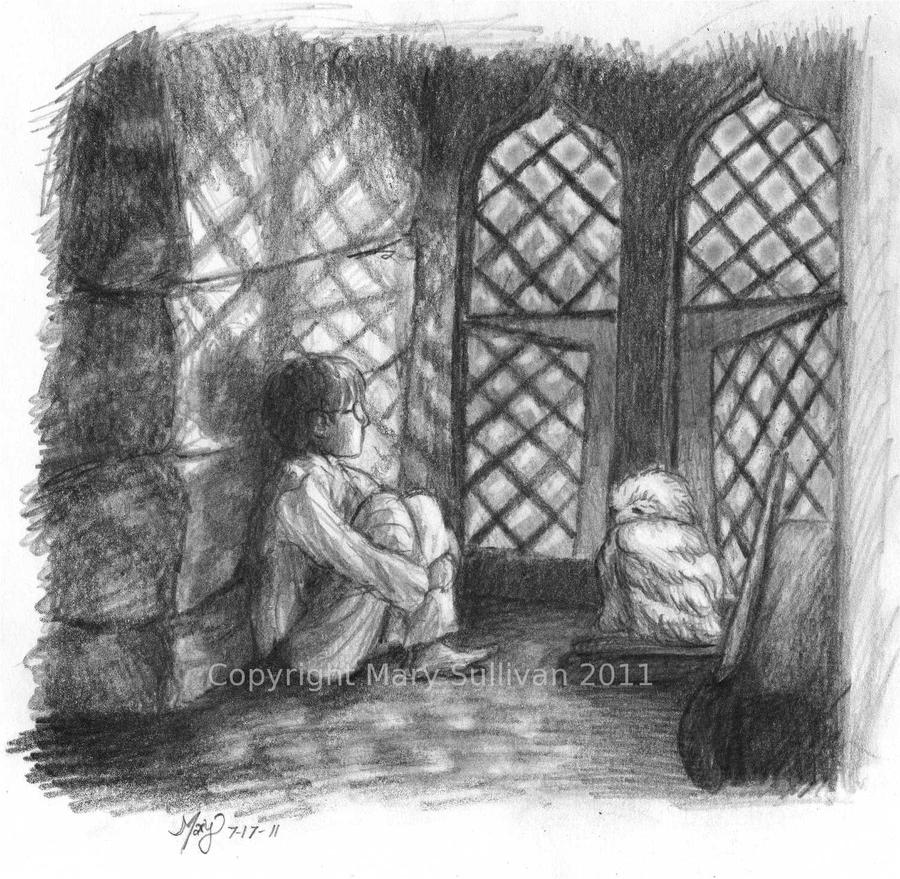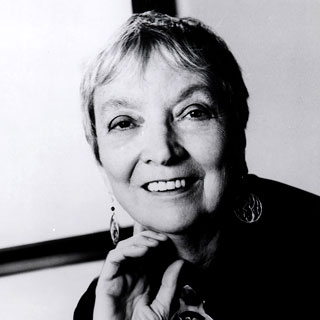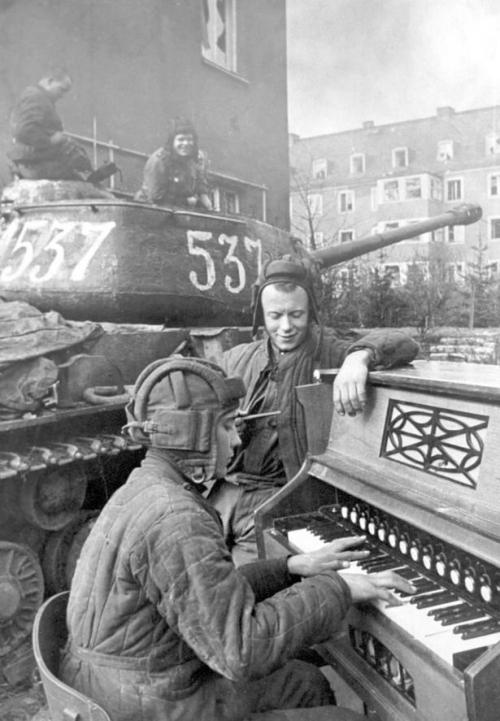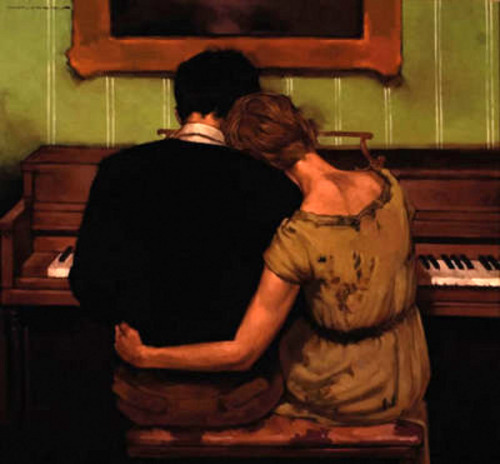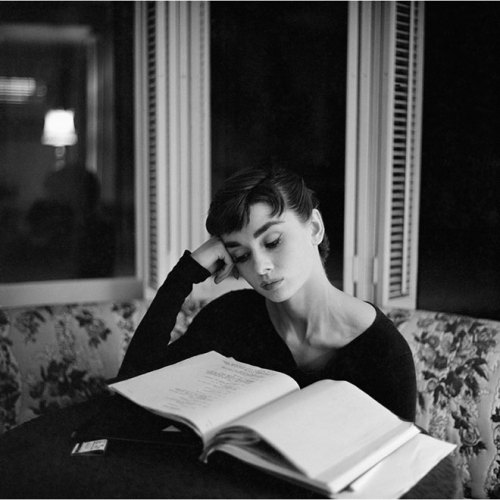This post is partially inspired by the below quote from Venerable Fulton Sheen and also by the article Why I Am Not A Heterosexual from Bad Catholic blogger Marc Barnes. I have been mulling over this issue has been in my mind for several months now, so I wager it's a good topic with which to resume blogging.
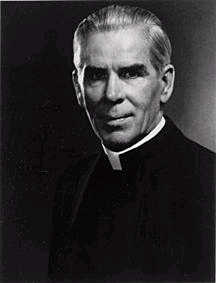 |
| Venerable Fulton Sheen |
"There are two extremes to be avoided in discussing married love: one is the refusal to recognize sexual love, the other is the giving of primacy to sexual attraction. The first error was Victorian; the second is Freudian. To the Christian, sex is inseparable from the person, and to reduce the person to sex is as silly as to reduce personality to lungs or a thorax. Certain Victorians in their education practically denied sex as a function of personality; certain sexophiles of modern times deny personality and make a god of sex."
-- Archbishop Fulton J. Sheen, Three to Get Married.
If there's one thing I've learned over the past few months, it's the complicated matter of the reduction of a person to his or her sexual orientation. This is not necessarily done on purpose. It can be as simple as asking if your classmate or your favorite actor, writer, you-name-it person is gay or straight. But in the broader spectrum of the sexual revolution, I think we have been deceived. By doing this, it is easy to lose sight of the fact that we're speaking about a person. When we're determining whether the person is gay or straight, homosexual or heterosexual, we are talking about ONE of the many aspects that make up a person: their sexual orientation. Granted, a person's sexual orientation plays an important role in influencing their personality in a variety of ways, but it's important to keep in mind that, "to reduce the person to [their sexual orientation] is as silly as to reduce personality to lungs or a thorax." This reduction operates under the same principle of pornography -- reducing a person to their sexual attributes. A person is far more complex than that! Blessed John Paul II warns against this reduction in his book Love and Responsibility:
"Moreover, the sexual urge in man and woman is not fully defined as an
orientation towards the psychological and physiological attributes of
the other sex as such. These do not and cannot exist in the abstract,
but only in a concrete human being, a concrete man or woman. Inevitably,
then, the sexual urge in a human being is always in the natural course
of things directed towards another human being–this is the normal form
it takes. If it is directed towards the sexual attributes as such this
must be recognized as an impoverishment or even a perversion of the
urge."
 |






